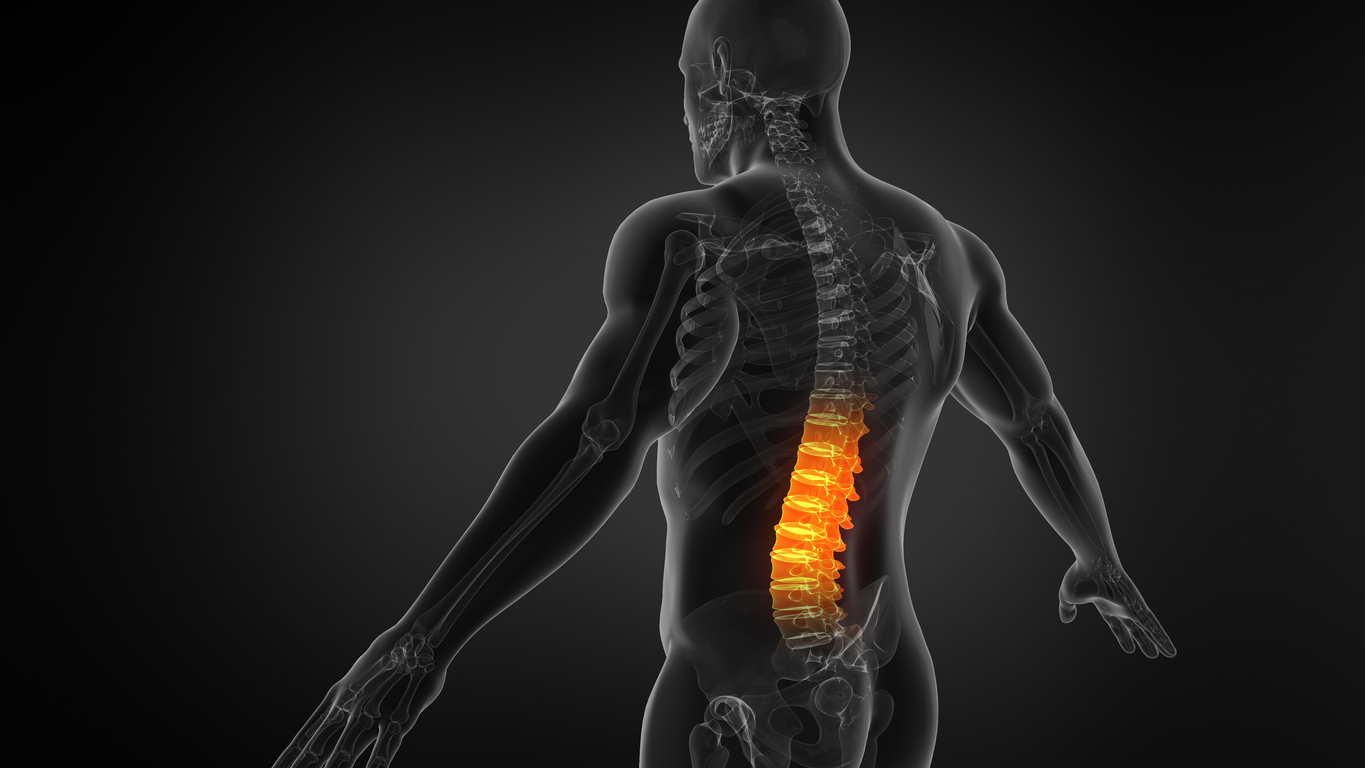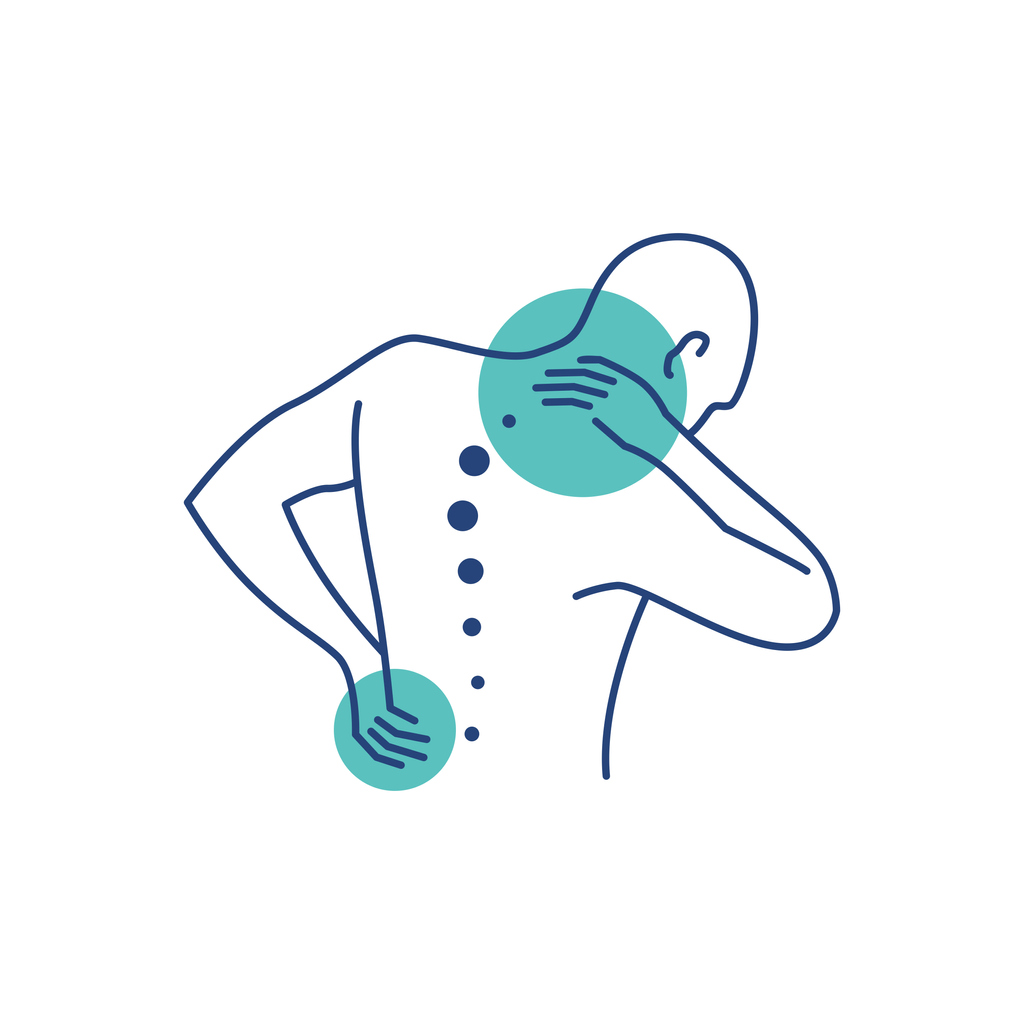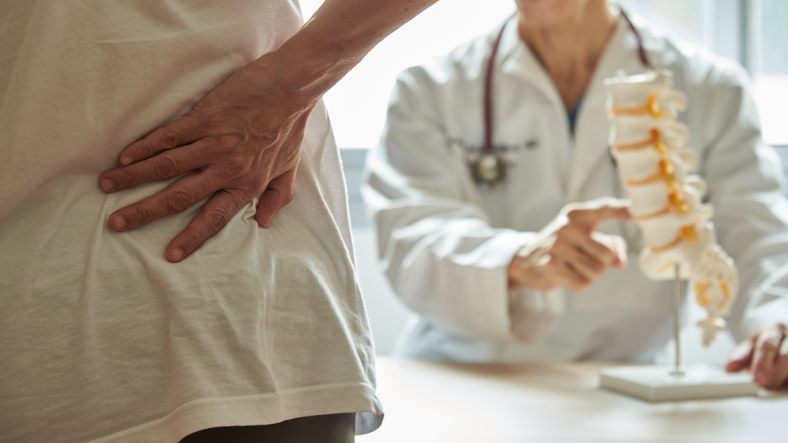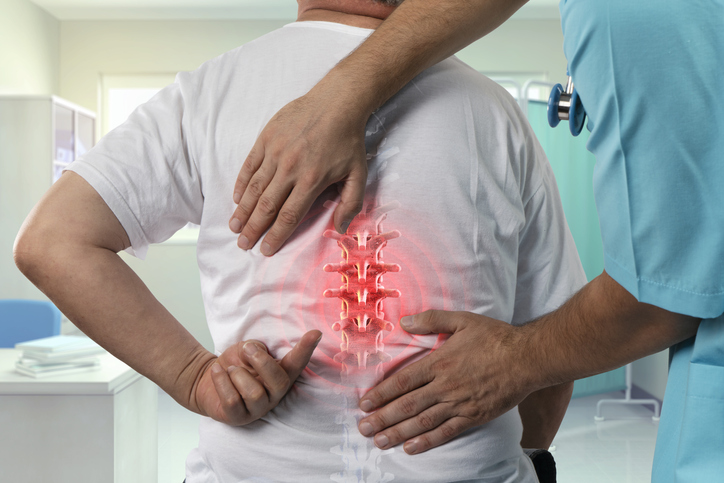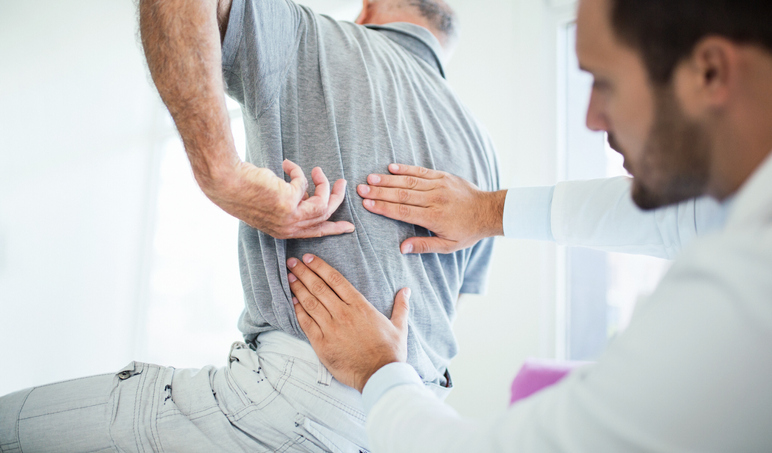Pain
Everyday Habits That Can Contribute to Back Pain

39 people found this helpful
Print
Share
Save
Back pain has many causes, including accidents, injuries, and underlying health conditions. Certain everyday habits can also contribute to back pain. Identifying these habits and working to correct them can help prevent, reduce or eliminate back pain.
- Having poor posture. Slouching or hunching the body puts pressure on the lower back, which can eventually lead to back pain. Proper posture involves sitting at a 90-degree angle, with the knees slightly wider than the hips. Taking frequent “stretch breaks” when sitting for long periods helps maintain spine health.
- Stressing out. High stress levels can trigger chronic pain, including back pain. Practicing yoga or chair yoga stretches the back and helps reduce stress levels.
- Carrying a backpack or purse that is too heavy. Regularly carrying a heavy bag or purse can harm the back. A bag should weigh less than 10% of an individual’s body weight. Unneeded items in a bag or purse should be removed regularly to lessen the load. When carrying a bag with only one strap, periodically switching the strap from one shoulder to the other helps maintain balance in the shoulders.
- Sleeping on the wrong mattress. Sleeping on a mattress that is too soft, too hard, or too old can all lead to back pain. Choosing a mattress that supports the back and replacing it every 10 years is essential to maintain back health.
- Eating an unhealthy diet. Regularly consuming foods high in sugar or saturated fats can have multiple effects on the back. A poor diet can create inflammation in the body, which triggers pain. Also, excessive consumption of unhealthy foods can lead to weight gain, which puts extra pressure on the body, especially the back. A healthy diet consists primarily of lean proteins, whole grains, vegetables, fruits, and healthy fats. Calcium and vitamin D are also necessary for bone strength.
- Skipping physical activity. Weak core and back muscles do not properly support the spine, which can lead to pain. Making physical activity a habit, focusing on low-impact exercises (swimming, walking, stretching, or participating in Pilates), can help strengthen core and back muscles.
- Smoking. Smokers are more likely to develop back pain than non-smokers. Habitual smoking weakens the spinal bones and the vertebral discs. Quitting smoking not only benefits the spine but also improves overall health.
Changing these everyday habits may help prevent, reduce or eliminate back pain.







